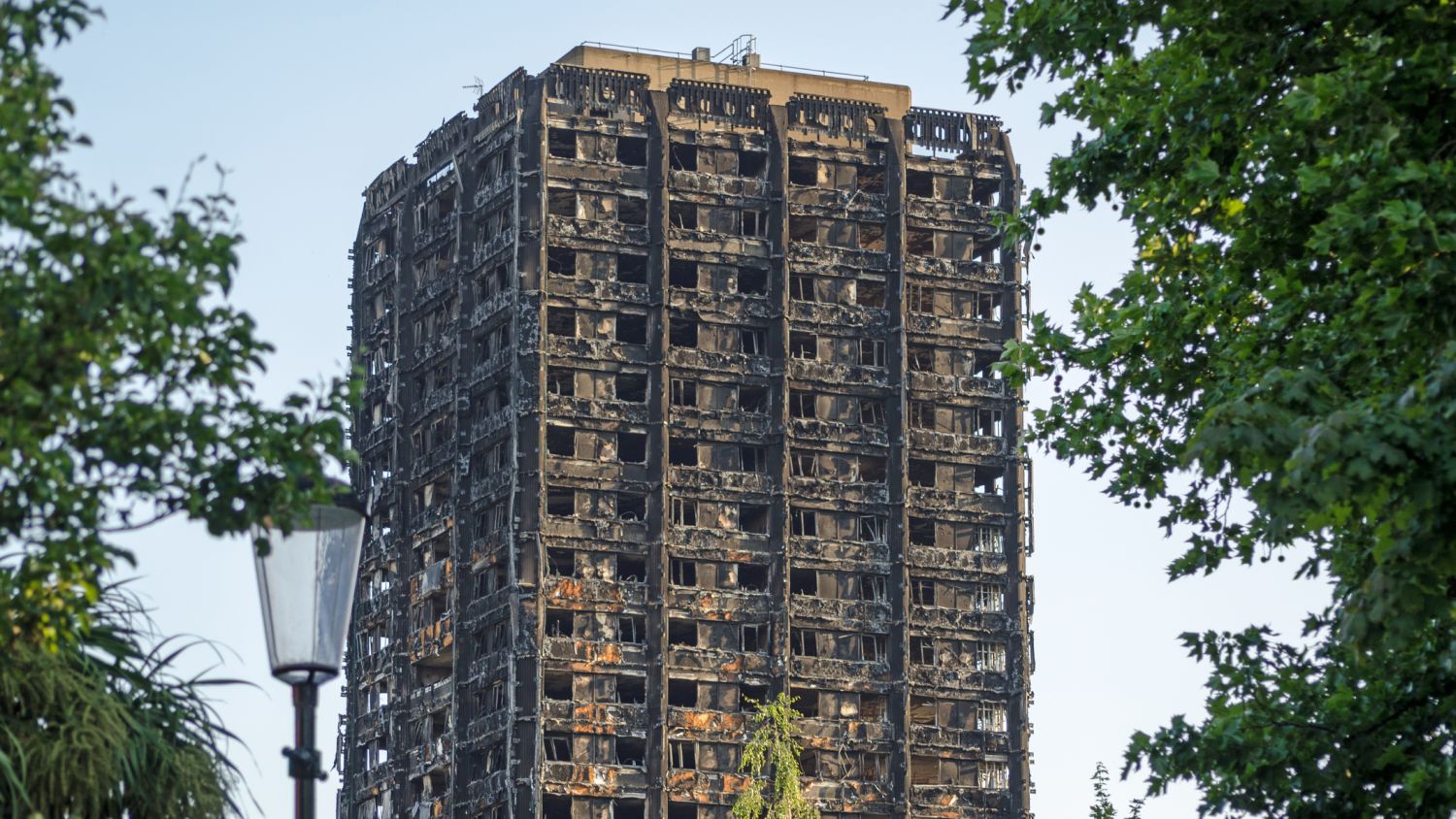
It is five years since 72 people lost their lives in the Grenfell Tower disaster, on 14 June 2017.
In the aftermath of the fire, Dame Judith Hackitt’s final report, following her independent review of building regulations and fire safety, criticised the construction industry of a “race to the bottom”. The report, published in 2018, recommended a “radical rethink” of the regulatory system.
While there has been progress, some of it has been slow, and there is still work to do. So half a decade on, what are some of the key changes to the construction industry and the regulatory system that governs it?
Five things that have changed:
- The Building Safety Act: In April 2022, the Building Safety Bill finally received Royal Assent. The act implements most of Dame Judith Hackitt’s recommendations from her 2018 report. It enshrines into law the new Building Safety Regulator, which oversees a new regulatory system with powers of enforcement and sanctions. A Construction Products Regulator will have the power to remove dangerous products from the market. And a New Homes Ombudsman will provide independent redress for new build buyers who have issues with their homes.
But there remains a raft of secondary legislation that will need to pass through Parliament before the full force of the regulatory changes come into effect. The Bill was also subject to a series of amendments that saw some measures, such as the introduction of a building safety manager role, scrapped.
For more on what changed before the Bill became law, click here. - Combustibles ban: Although not recommended in Hackitt’s final report, the government banned the use of combustible materials in and on the external walls of new blocks of flats, hospitals, residential care premises and student accommodation over 18m in height in 2018. In June this year, it banned metal composite material (MCM) cladding panels with an unmodified polyethylene core (PE) on all new buildings of any height. It also extended its ban on combustible materials on the external walls to new hotels, hostels and boarding houses of over 18m. For more information, click here.
- Remediation fund: In February 2021, the government announced measures to fund the removal of unsafe cladding from buildings. This included an additional £3.5bn on top of the £1.6bn it announced previously to remediate buildings in England of 18m and above. It also announced a residential property developer tax from 1 April this year of 4% on developers’ profits to raise an extra £2bn over 10 years.
And in January this year, the secretary of state for levelling up announced that residential property developers would have to agree a fully-funded plan to remediate unsafe cladding for medium-rise buildings of 11m-18m in height, scrapping a loan scheme for leaseholders that had originally been designed to cover the costs. - Culture change: Some construction organisations are making “excellent progress” on culture change since the Grenfell Tower disaster, according to Dame Judith Hackitt. She chairs the Industry Safety Steering Group (ISSG), formed following the publication of her report. In the ISSG’s third annual report, published at the start of 2022, Hackitt highlighted the “huge amount of work” undertaken by bodies in the sector to drive change, including the Considerate Constructors Scheme to establish the Building a Safer Future Charter and working with the Construction Products Association on the Code for Construction Product Information. But she was not as impressed in other areas (see below).
- Professional indemnity insurance (PII): Some construction companies are still struggling to secure PII in the wake of the disaster. Problems reported range from cover being too expensive to not being available at all. Fewer insurers appear to be willing to take the risk to extend PII to construction companies and premiums have increased. Earlier this year, the CIOB gathered representatives from other professional bodies to discuss how the sector can overcome insurers’ reluctance to offer PII. To read more about this, click here.
What hasn’t changed:
- Construction ‘holding back’: Parts of the construction sector still haven’t prepared themselves for changes to the building safety regime and are “holding back”. Dame Judith Hackitt expressed “serious concern” that some firms were not taking action quickly enough to prepare for change. Speaking at the CIOB’s first Safer Buildings UK event last month, she said: “We are still yet to see a critical mass of industry players demonstrating the leadership to accelerate the pace of change and rebuild trust. We need to differentiate between those who are changing… and those who are refusing to step up to their moral and ethical as well as their legal duties.”
- Grenfell Tower Inquiry: The Grenfell Tower Inquiry, launched in the aftermath of the disaster, has still not concluded. It began more than four years ago, on 21 May 2018. Phase 1 concluded on 12 December 2018, with the Phase 1 report published in October 2019. The covid-19 pandemic interrupted Phase 2 hearings. Hearings are still ongoing, after which will follow the Phase 2 report, although there is no timeline for when this will be published.
- Cladding remediation: Some high-rise residential buildings and publicly owned buildings in England containing ACM cladding have still not been remediated. As of the end of April, 94% of buildings identified by the government had either completed or started work to remove the unsafe cladding. Of those with ACM cladding remaining, work has yet to start on 31, work has started on 27, five are vacant, and 16 additional buildings were identified after 31 December 2020.
Comments
Comments are closed.



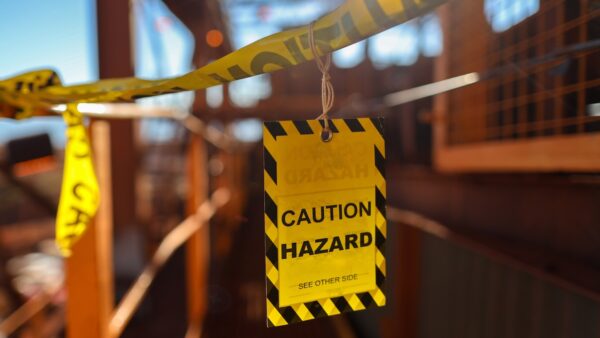
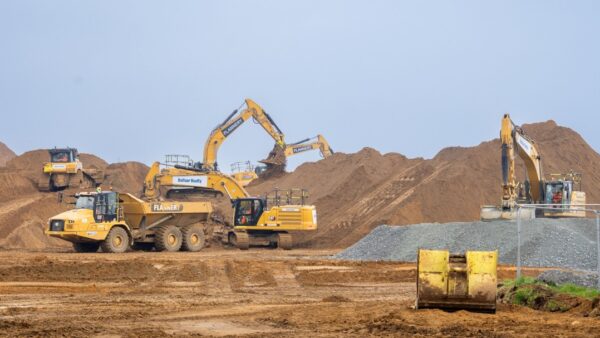
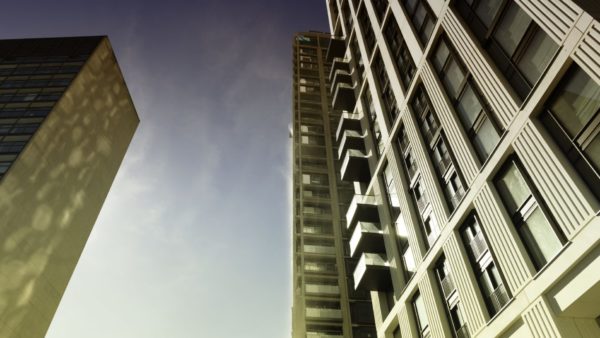
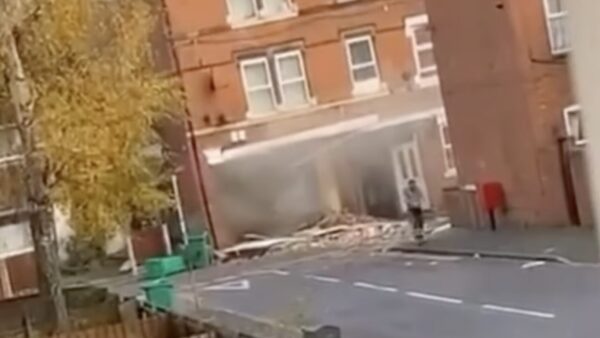
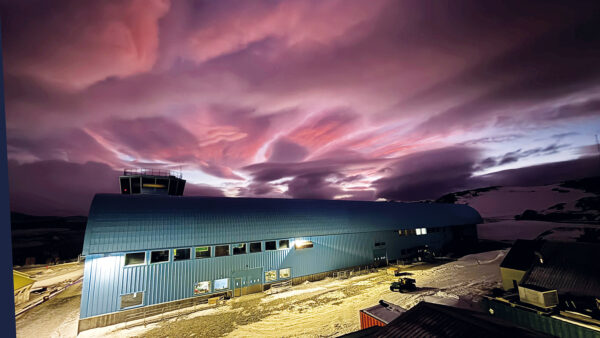




What changes have been committed to regarding over arching government policies of de-regulation? There is a long standing tension between free markets policy and safety standards. What assurance is offered regarding no recurrence of a building fire tragedy similar to that at Grenfell in nature? What lessons have been learned from the Grenfell and Lakenall house fires?